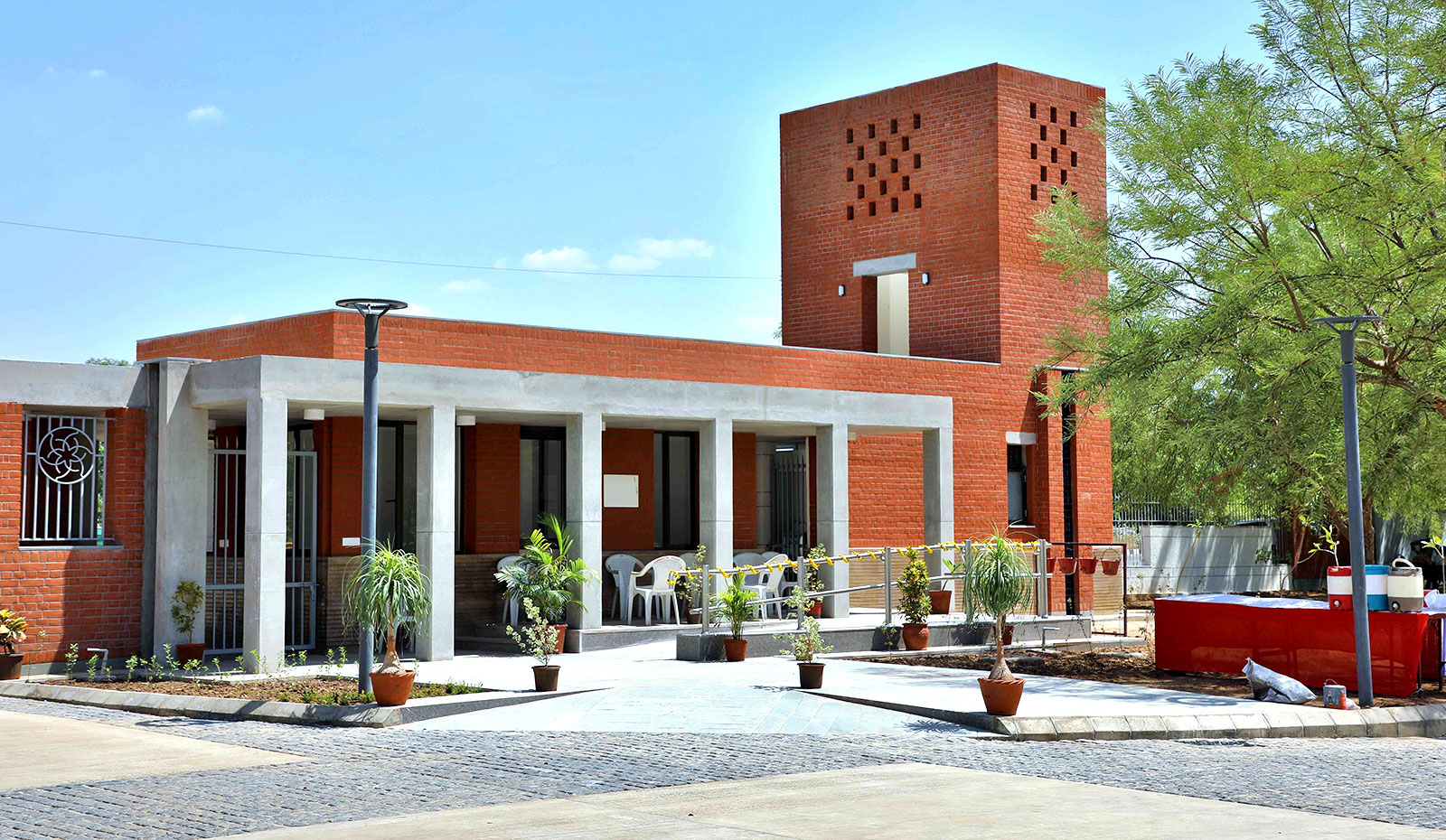
PhD Programmes

The fundamental mission of the PhD programme of IITGN is to foster creative and scholarly inquiry while inculcating intellectual habits required for successful careers in teaching, research, innovation and entrepreneurship. At its core, it is envisioned that an IITGN PhD degree will be a personal journey for the student during which they undergo deep introspection and mature both academically and personally. Without compromising the above core ideals and fundamental mission, the PhD programme affords flexibility and independence while encouraging the various interdisciplinary interactions needed for learning.
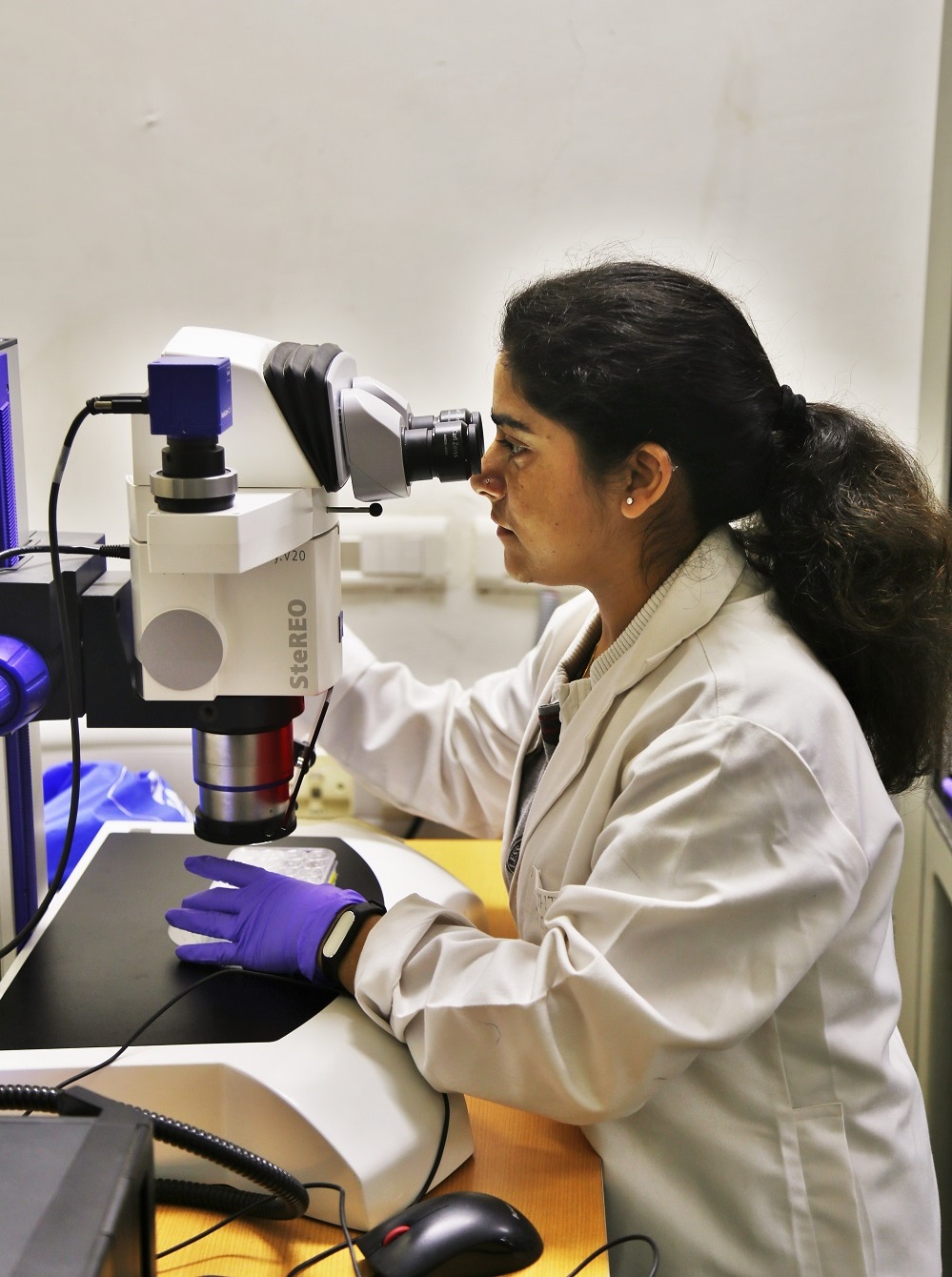
Central to an effective PhD programme at any institute is the quality of faculty. Despite its young age, IITGN has made tremendous strides in recruiting outstanding faculty with a deep research passion. These faculty members are paired with bright and talented doctoral students recruited through a highly selective process, and this combination is already yielding rich dividends in our doctoral program. Numerous PhD students have received research awards at national and international conferences. Several of our students have been recipients of prestigious national and international fellowships such as the Fulbright-Nehru Award and the Shastri Indo-Canadian Fellowship.
We have an incredibly diverse PhD student body. The students work in an interdisciplinary environment, and about 15% of students have their primary mentor from outside their home discipline. The porous academic boundaries that IITGN shares with other institutes in the Ahmedabad-Gandhinagar metro area further create an intellectually stimulating environment where students can receive inputs from a diverse academic community.
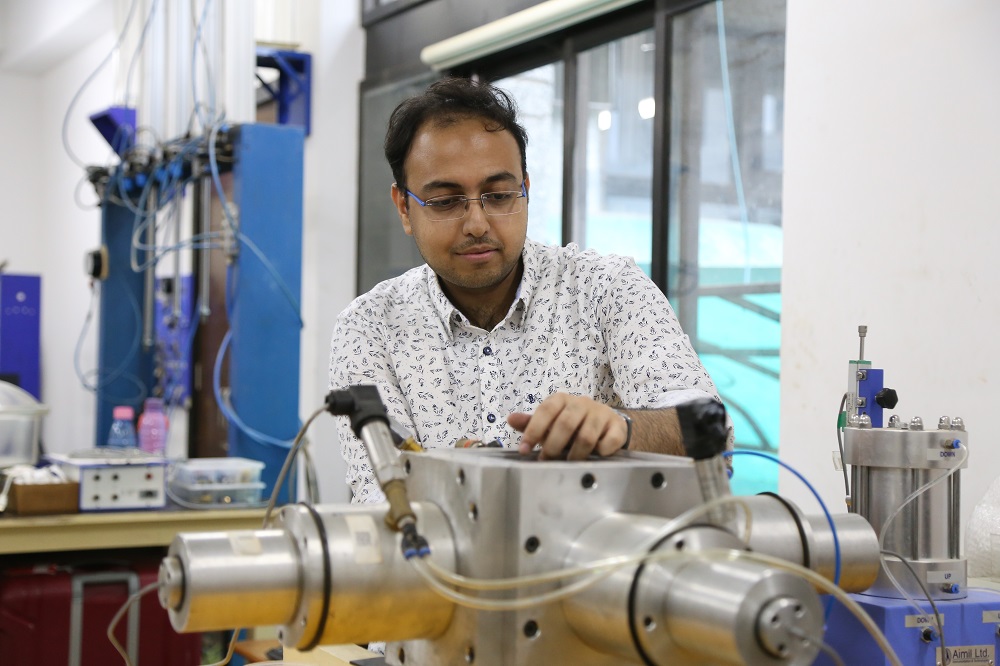
Program Requirements
Although the core of the PhD programme emphasizes top-quality research, there is also a coursework requirement in the PhD programme at IITGN. This coursework provides students with the fundamentals needed in their research and allows them to explore other areas. Students are also required to take project course(s) that foster a spirit of curiosity and creativity and prepare them to face a diversity of challenges.
Students entering the programme will have to take total credits ranging from 96 through 100, out of which coursework credits (typical course is of 4 credits) can go anywhere between 16 through 20, depending upon the area of interest/discipline and the previous degree attained by the student.
The thesis advisor and/or doctoral studies committee may set additional requirements of up to 32 credits for courses over and above the minimum requirements for graduation, for enhancement of knowledge. In addition, all PhD students are required to complete the PG Orientation Programme Aarohan (2 credits) and one course of Physical Education (0 credits). See the table below for a detailed description of the minimum coursework and research credits required. However, meeting this minimum credit requirement will not automatically lead to a PhD degree.
| Qualifying Degree Type | I | II | III |
|---|---|---|---|
| Qualifying Degree | BTech, BE or equivalent 4-year Bachelor's degree | MSc, MA or equivalent 5-year Master's degree | MTech, ME, two years' MPH, MPharm, MPhil or equivalent |
| Credits through Aarohan | 2 | 2 | 2 |
| Minimum Credits through Coursework | 20 | 20 | 16 |
| Minimum Credits through Research | 80 | 80 | 80 |
| Total Minimum Credits for Graduation | 100 | 100 | 96 |
| No. of Physical Education Courses | 1 | 1 | 1 |
- • Completing PG Orientation Programme Aarohan (2 Credits) is a mandatory graduation requirement for all PhD students. It is a two-week long programme that all the newly joined students are expected to complete before they commence the first semester in their academic programme. Students who completed a degree or diploma from IIT Gandhinagar prior to joining the PhD programme may seek approval from the Dean of Academic Affairs for exemption from the requirement of clearing Aarohan.
- • Students joining the PhD programme from Semester – I, 2024-25 onwards, are required to complete one Physical Education (PE) course, as part of their graduation requirements. This course will be evaluated on a Pass/No Pass grade basis.
- • A 4-credit Writing course is required to be taken by all doctoral students.
- • Out of the minimum credits through coursework, at least 2 credits must be completed through Independent Research and/or Independent Seminar and/or Independent Teaching. The Independent Teaching course will include mentorship by a faculty member, successful completion of the teaching certification programme and independent teaching of at least two classes (of 1 hour 20 minutes each). The mode of evaluation will be developed and announced by the departments.
- • All doctoral students under the Regular category must comply with one semester of minimum residency requirement. The residency requirement for candidates under CDP will be the time required to do the coursework offered offline.
.JPG)
Academic Performance Requirements
-
• The minimum CPI for graduation is 6.5 out of 10.
-
• There will be no maximum permissible duration to complete the requirements of the programme. However, at any time, credits earned older than eight years will be deemed expired and will not count towards the graduation requirements. After 13 semesters, a request from the student is needed to extend the programme on a semester by semester basis.
-
• The thesis units registered by a student will be graded using letter grades A, B, C and F, where A, B and C are passing grades and F is a fail grade. A student may register for one 4 credit thesis unit or a multiple of it and can be graded according to the number of units which they have registered for. The thesis grades will not be counted towards the CPI calculation.
-
• If the student accumulates F grades in more than 24 credits of thesis units any time during their PhD programme, the student will have to exit the programme.
-
• In case the CPI of a student falls below 6.0 out of 10, the fellowship provided, if any, by the Institute will be stopped immediately and for the future.
-
• The student must successfully clear the Qualifying Examination no later than 1.5 years from date of joining. The admission will be terminated if the student fails to do so.
-
• All PhD students must give a Proposal Defense Seminar within six months of successfully clearing the Qualifying examination.
-
• More specific details are available in the PhD programme advisory.
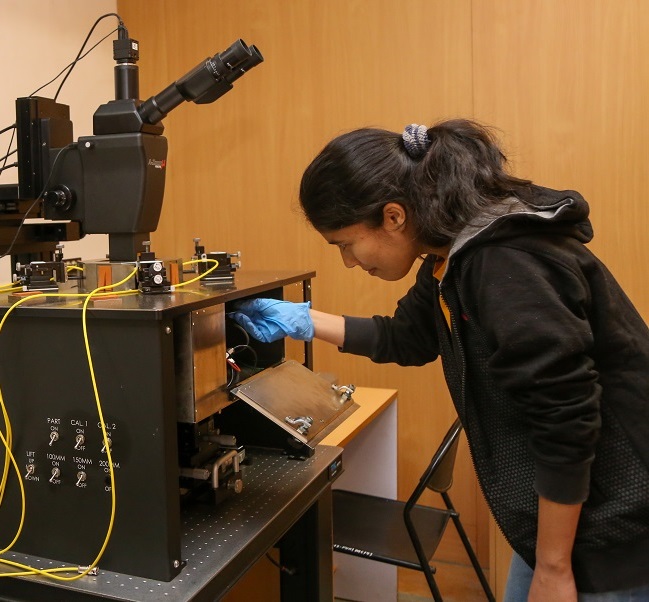
Overseas Research Exposure
The Institute is committed to having a rigorous PhD programme for preparing outstanding academic leaders and researchers. Efforts are being made to attract the best talent in the country to join the Institute’s PhD programme and provide the best possible learning environment and research experience. As part of these efforts, it is envisioned that exposure to some of the state-of-the-art research facilities and interaction with prominent researchers overseas will widen the perspective of these students and give a tremendous boost to their confidence level. It is also imperative that such a research experience is for a significant duration so that the students can get some tangible outputs from their visit overseas. Keeping this in mind, IIT Gandhinagar has created an Overseas Research Exposure Scheme, which supports up to USD 12500 for full-time PhD students to spend 4 to 6 months at an overseas university. Students who have availed overseas research exposure were hosted in Brazil, Canada, France, Italy, Israel, New Zealand, Singapore, Switzerland, Japan, UK and USA, in Institutions such as MIT, Caltech, Georgia Tech, Duke University and Carnegie Mellon University.
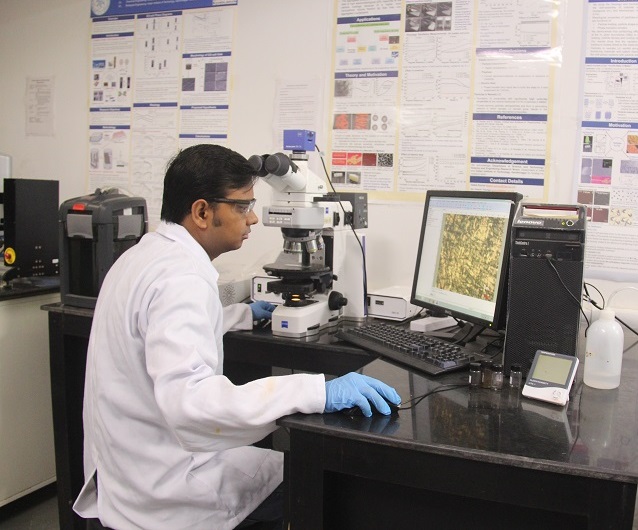
Graduate Teaching Fellow/Graduate Institute Fellow
The doctoral programme of the Institute places a significant emphasis on the holistic development of the students with leadership skills for their future endeavours. Besides the expectation of in-depth work in thesis work, the PhD Curriculum expects the students to attend seminars, organize conferences, write research grant proposals and participate in Institute activities. To enable active participation of the students in teaching and coordination of activities with the mentorship of faculty members of the Institute, the Institute has created Graduate Teaching Fellow/Graduate Institute Fellow positions.
